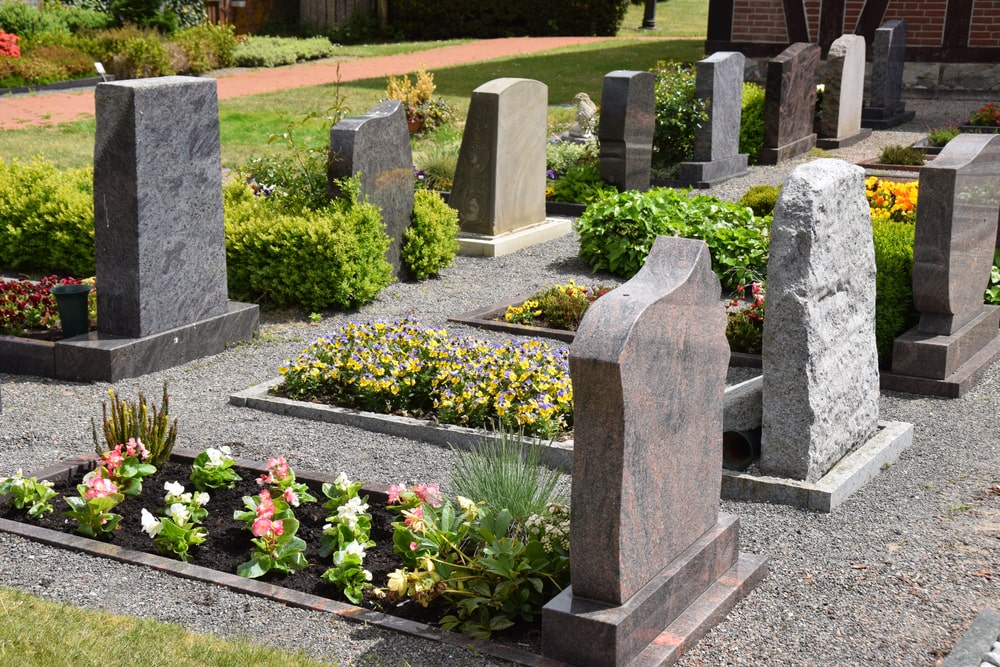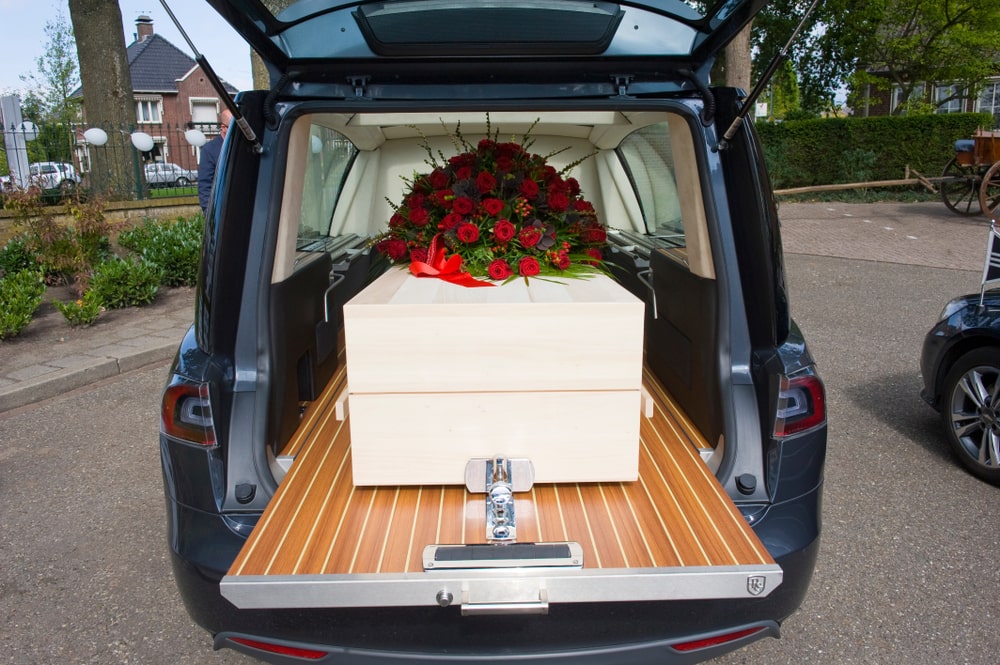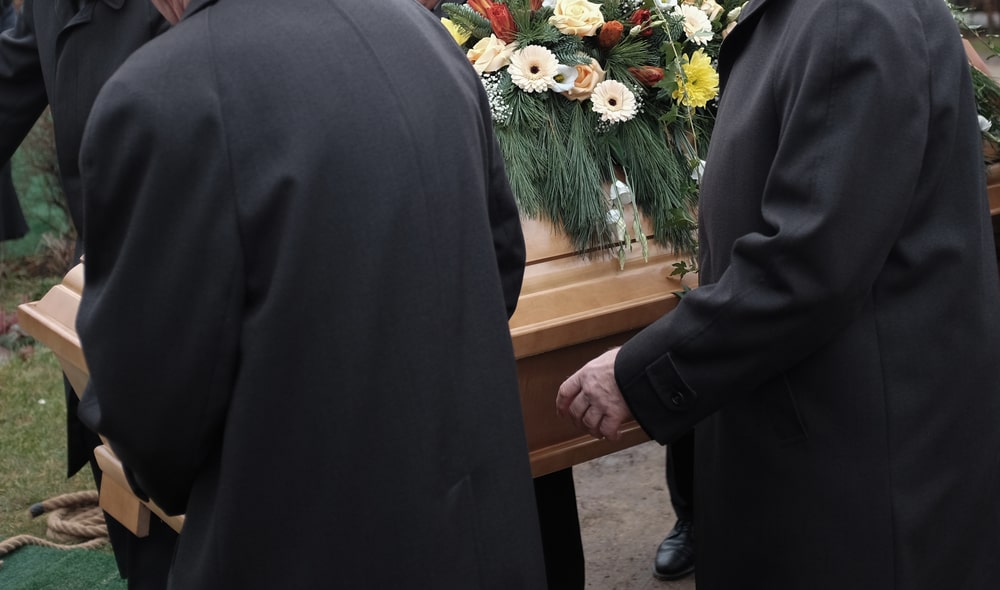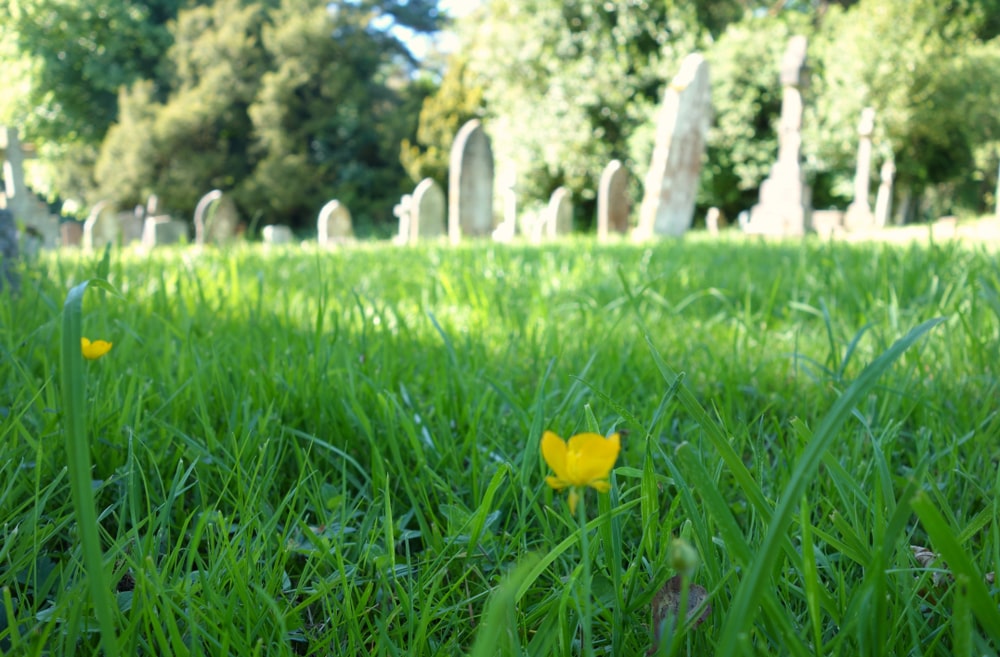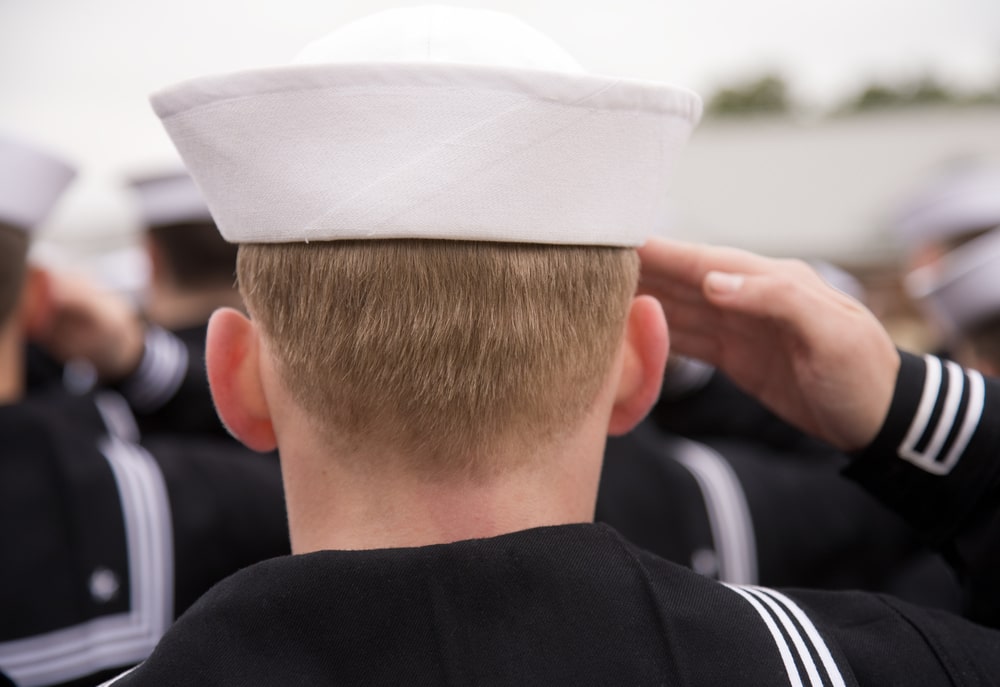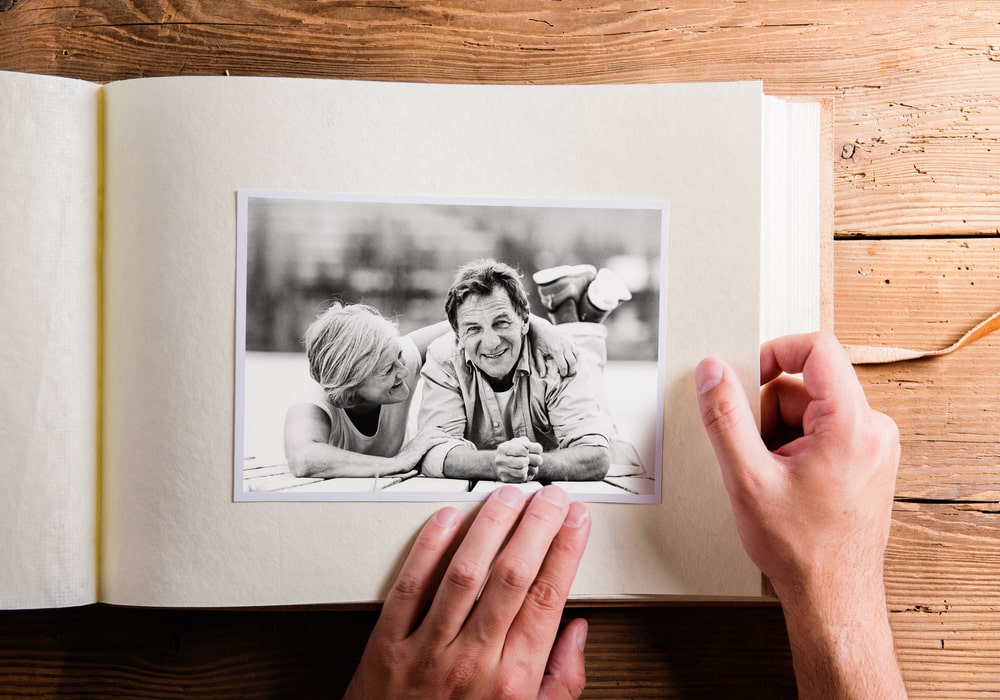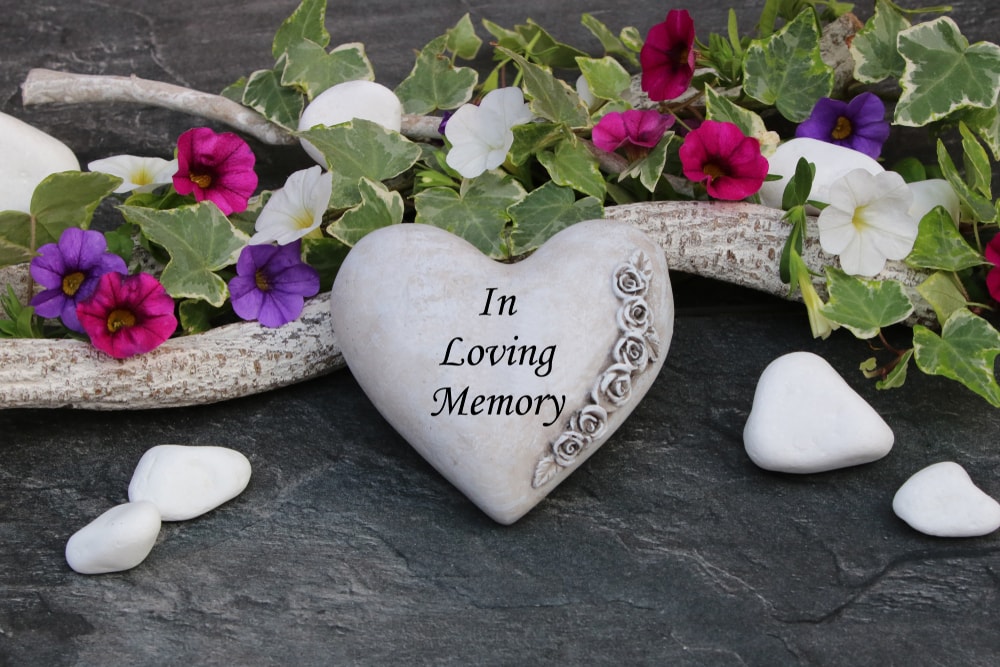
Did you know that it’s possible to fly – both domestically and internationally – with cremated remains? While flying with cremated remains may not be something you’ve ever thought about before, there are many reasons why someone might consider flying with a loved one’s cremated body. Here are a few possibilities:
- Your seatmate is taking the cremated remains to a specific place for scattering or burial.
- The surviving family is hosting a memorial service across the country to allow distant family members to say goodbye, and they want the cremated remains present.
- The person died away from home – either in country or abroad – and your seatmate is flying them home.
No matter the reason, sometimes flying with the cremated remains of a loved one is necessary. But before getting on a plane with cremated remains, there are a few things you need to know to make the process smoother.
Use your Carry-on Instead of a Checked Bag
While many airlines allow travelers to transport cremated remains in a checked bag, the Transportation Security Administration (TSA) doesn’t necessarily recommend it. If you’ve flown before, you’ve probably looked out the airplane window and seen airport employees tossing checked bags around rather quickly and roughly. They have no idea what’s in your bag. To them, the most important thing is to get all the right bags to the right places as quickly as possible.
That said, by transporting a loved one’s cremated remains in your carry-on, you ensure that they are handled with care every step of the journey. All you have to do is use an x-rayable container that fits into your carry-on suitcase.
One more quick note: Please, even though you have the urn with you, don’t open the container while on the flight or in the airport. Turbulence and bumping into bustling human beings happens, but if the urn is tightly closed, your loved one will remain secure.
Choose an X-rayable Urn or Temporary Container
Just like the rest of your carry-on items, the urn must make it through the x-ray machine at the security checkpoint. To make it through security, TSA recommends that you choose an urn or temporary container made of wood, plastic, biodegradable paper, or even fabric. Avoid metal or lead-lined urns, which will register as opaque on the x-ray.
If your container registers as opaque, TSA may try a few other options, but they will NOT open the urn (even if you say it’s okay). In part, they will not open the urn out of respect for the person who has died, but additionally, it is illegal for airport personnel to open any container that holds cremated remains.

If TSA is unable to clearly determine what’s inside the container, you won’t be allowed to take it on the plane. In order to avoid this complication, select an urn or temporary container that will easily make it through security.
If you have a decorative urn, you can always transport it in your checked bag (packed very carefully). Once you reach your destination, you can place the cremated remains back into the decorative urn.
If you’d like more guidance about temporary urns or containers, feel free to call your local funeral home. They can give you options and suggestions for traveling with ease.
Give Yourself Extra Time to Get Through Security
While TSA has a streamlined process for screening cremated remains, it’s always good to allow a little extra time. With an appropriate urn, the process should be smooth and quick. However, if there’s a problem, you’re going to want time to figure out your next steps. The airport is already a somewhat stressful place. The last thing you need when transporting a loved one’s remains is to run around last-minute trying to figure out what to do. Leave a little earlier and give yourself extra time.
If you have any questions about TSA’s policies, you can contact them directly through Customer Service.
Have the Appropriate Documents Readily Available
When flying, it’s important to have the necessary documentation on hand. The most commonly required documents are:
Certificate of Cremation (also called Disposition Permit or Cremation Permit)
This legal document certifies that a cremation has taken place and identifies the person cremated. Additionally, it includes identification information for the crematorium and the qualified staff member who oversaw the cremation itself. The funeral home or crematorium should give you this document when you receive your loved one’s cremated remains.
Death Certificate
The death certificate is used for many purposes, including updating accounts, switching beneficiaries, and receiving life insurance funds after the death of a loved one. It’s good practice to bring a certified copy with you when flying, just in case it’s asked for. You can obtain copies (usually for a small fee) through your local Registrar or Vital Records Office.
However – each airline makes their own regulations regarding the transportation of human remains. Contact your specific airline to find out what documentation is required. To be extra safe, you might also bring something that shows proof of relationship. You could use a birth certificate, marriage license, or a copy of the obituary.
Talk to Your Airline About Specific Guidelines
It cannot be stressed enough that you need to contact your airline about their specific regulations. For instance, some airlines do not allow cremated remains in checked bag at all or may require more documentation. By contacting the airline, you decrease the likelihood of issues at the airport.
Also, if you’d prefer not to take the cremated remains on a plane at all, you can ship them through the USPS. You can learn more about this option by reading 5 Tips When Shipping Cremated Remains.
A Few Extras for International Travel
All of the tips we’ve already discussed apply to flying internationally as well. However, there are a few extra things to consider. Let’s go over them.
- Check with the embassy/consulate of your destination country
- Be prepared for extra documentation
Every country has their own regulations when accepting cremated remains within their borders.
Because of that, if you are taking cremated remains outside the United States, you should contact the appropriate embassy or consulate before you travel to determine what that country requires. Some countries may require special forms or additional authorizations, so give yourself at least two weeks to get everything completed.
If you are entering the United States with cremated remains, you will go through U.S. Customs, which has its own policies. In general, if the remains have already been cremated, you should be fine, and a death certificate won’t be required.
If you have additional questions about international travel, contact your local funeral home for assistance.
Be Prepared for an Emotional Journey
As you get ready to travel, take a little time to prepare yourself emotionally. If your grief is fresh, this may be an emotional journey, and that’s to be expected. Give yourself grace. Grief is the natural result of love. When we love deeply, we open ourselves up to the grief that comes when the person we love dies.
It will take time and intentionality to come to grips with everything you think and feel, but it’s okay to give yourself permission to grieve. Use this journey to reflect on your loved one’s life and remember just how much they mean to you.





















